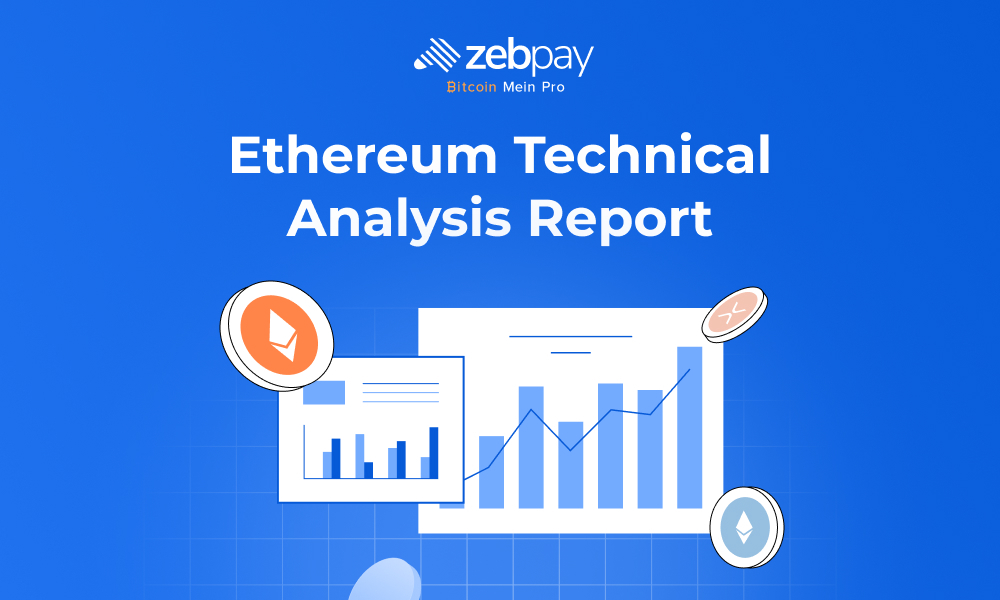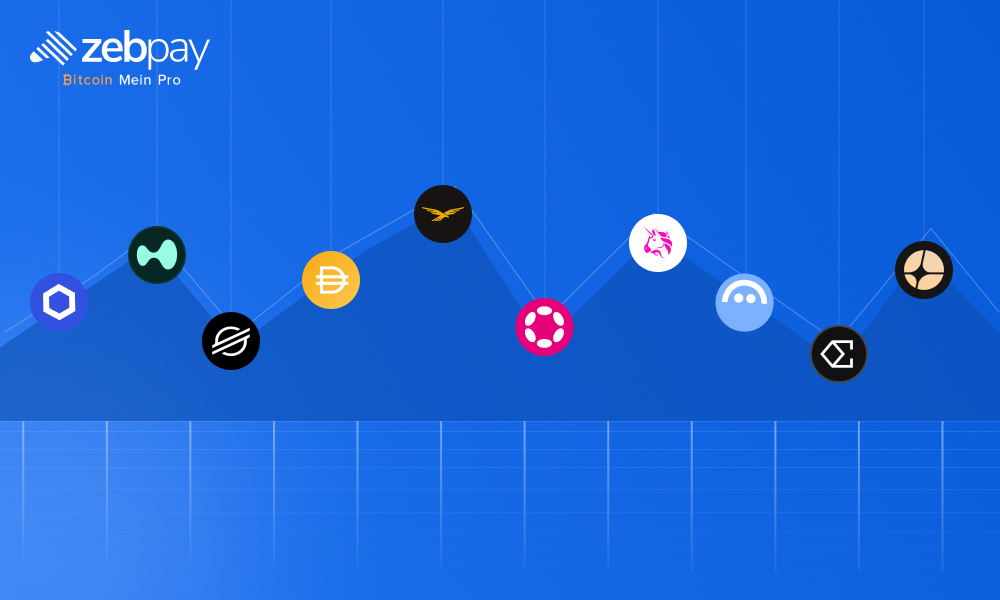07th February 2024 | ZebPay Trade-Desk
An Overview
In the fast-paced world of Crypto, exchanges have emerged as the heartbeat of digital asset trading. These platforms, which act as the bridge between traditional fiat currencies and the vast array of digital coins and tokens, have witnessed a meteoric rise in popularity and influence. From humble beginnings to commanding the attention of global investors, Crypto exchanges have played a pivotal role in shaping the future of finance.
From Humble Beginnings to a Global Phenomenon
During the initial years following Bitcoin’s introduction, the avenues for acquiring Crypto were limited, often necessitating interactions with unregulated exchanges. Notably, several of the earliest exchanges, including Mt. Gox, fell victim to hacking incidents, resulting in the loss of users’ funds and compromising their personal information.
Presently, numerous Crypto exchanges operate under rigorous legal frameworks and regulations, contingent upon their jurisdiction. Leading exchanges have spearheaded the development of robust protocols to facilitate the safe and secure trading of digital assets. However, the experiences of early crypto exchanges serve as valuable lessons, underscoring the importance of conducting thorough research before engaging with any exchange platform.
Following the inception of Bitcoin by the pseudonymous Satoshi Nakamoto in 2009, acquiring this revolutionary form of asset was limited and fraught with risks. Despite the challenges, the emergence of early methods laid the groundwork for the development of a new global financial ecosystem.
With the release of Bitcoin’s software in January 2009, obtaining Crypto was primarily achieved through two avenues: mining or engaging in peer-to-peer (P2P) transactions facilitated by platforms like Bitcointalk, an online forum established by Nakamoto for Bitcoin-related discussions. During this nascent period, mining necessitated significantly less computational power and could be conducted using personal computers.
The Mt.Gox Saga
The year 2010 marked the rise of Mt. Gox. However, its ascent was marred by a significant breach in 2011, when a hacker infiltrated a Mt. Gox account holding a substantial amount of Bitcoin. The hacker proceeded to liquidate the Bitcoin, causing its price on the exchange to plummet from $17 to $0 within a matter of minutes. In addition to stealing Bitcoin, the hacker also accessed user information, prompting Mt. Gox temporarily suspended its services. Nevertheless, just two years later in 2013, Mt. Gox had reemerged as a dominant force, handling a staggering 70% of all global Bitcoin transactions.
By 2014, users began encountering prolonged delays in withdrawing funds from Mt. Gox, leading to a loss of confidence in the exchange. It was eventually revealed that Mt. Gox had fallen victim to a massive hack spanning several years. Initially, the exchange attempted to obfuscate the breach, citing technical difficulties to explain the suspension of Bitcoin withdrawals.
However, suspicions grew, and Mt. Gox was forced to halt all trading activities and take its website offline. Subsequently, a leaked document exposed the extent of the theft: 744,408 bitcoins had been stolen, with an additional 100,000 bitcoins missing, totalling approximately $460 million at the time. Although Mt. Gox managed to recover 200,000 bitcoins, it was compelled to file for bankruptcy protection and eventually undergo liquidation.
The Way Forward
In the early days of Crypto exchanges, regulatory compliance was often overlooked, and many platforms operated without properly registering their businesses or adhering to regulatory standards such as Know Your Customer (KYC), Anti-Money Laundering (AML), and counter-terrorism financing (CFT) laws.
This lack of oversight contributed to a fear of new investors to venture into the crypto community for years. However, in recent years, exchanges have made significant strides in collaborating with regulators to address these concerns.
Today, exchanges in key markets are subject to regulatory oversight. Many of the largest crypto exchanges have transformed since their inception, placing a greater emphasis on security and compliance. As a result, they have played a pivotal role in reshaping Crypto’s image to a safe and secure digital innovation which could shape the future. ZebPay has played a pivotal role in introducing Bitcoin to India.
Since ZebPay’s emergence in 2014, it has remained the oldest and the most trusted crypto exchange in the Indian market. With complete adherence to AML and KYC policies, ZebPay’s security and compliance protocols are more robust than ever. Close to 95% of our assets are securely stored in cold storage ensuring complete safety. ZebPay’s stand-out features which are Quick Trade, Exchange, CryptoPacks and Lend have created a unique roadmap for most crypto exchanges in India.







